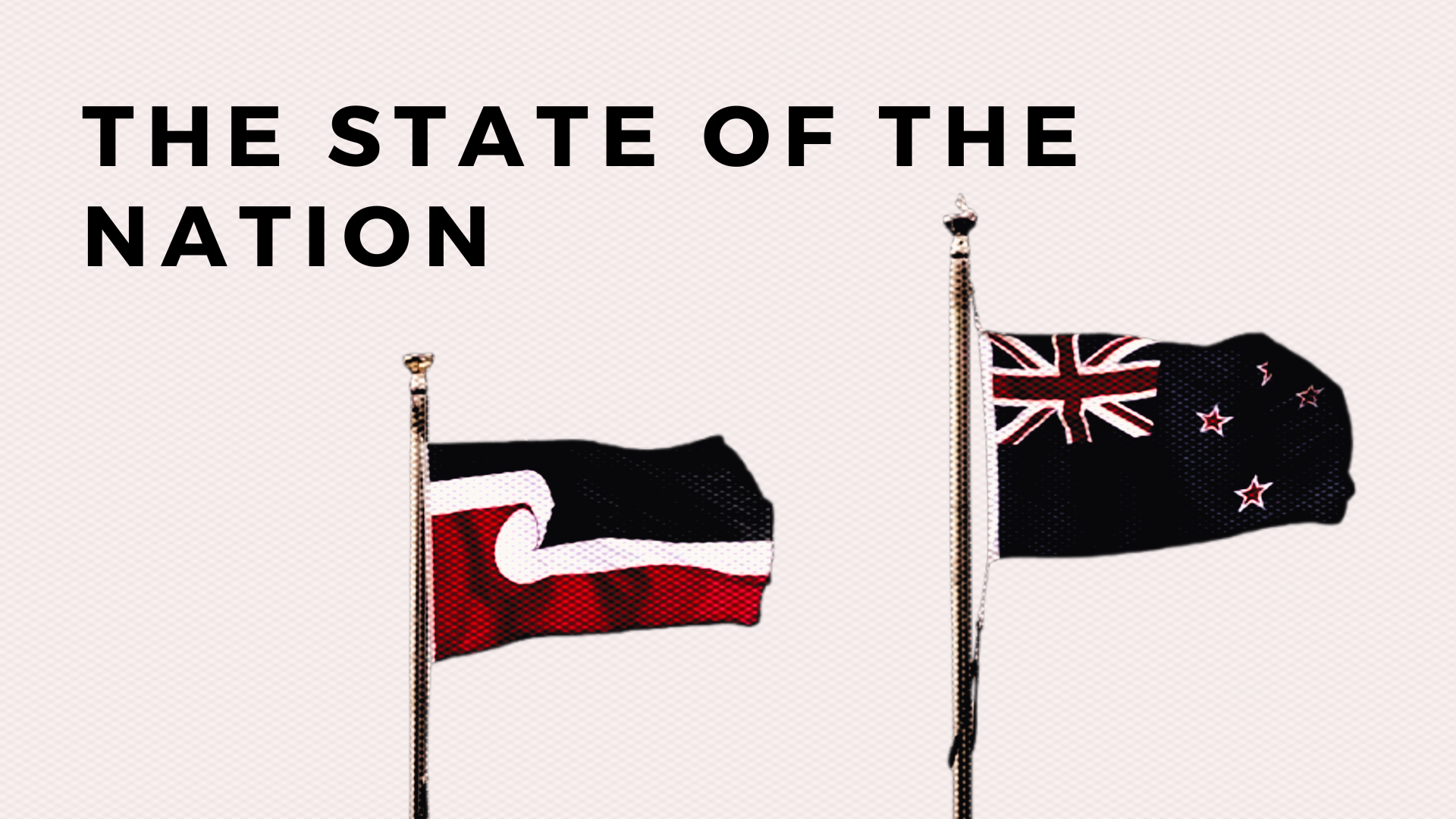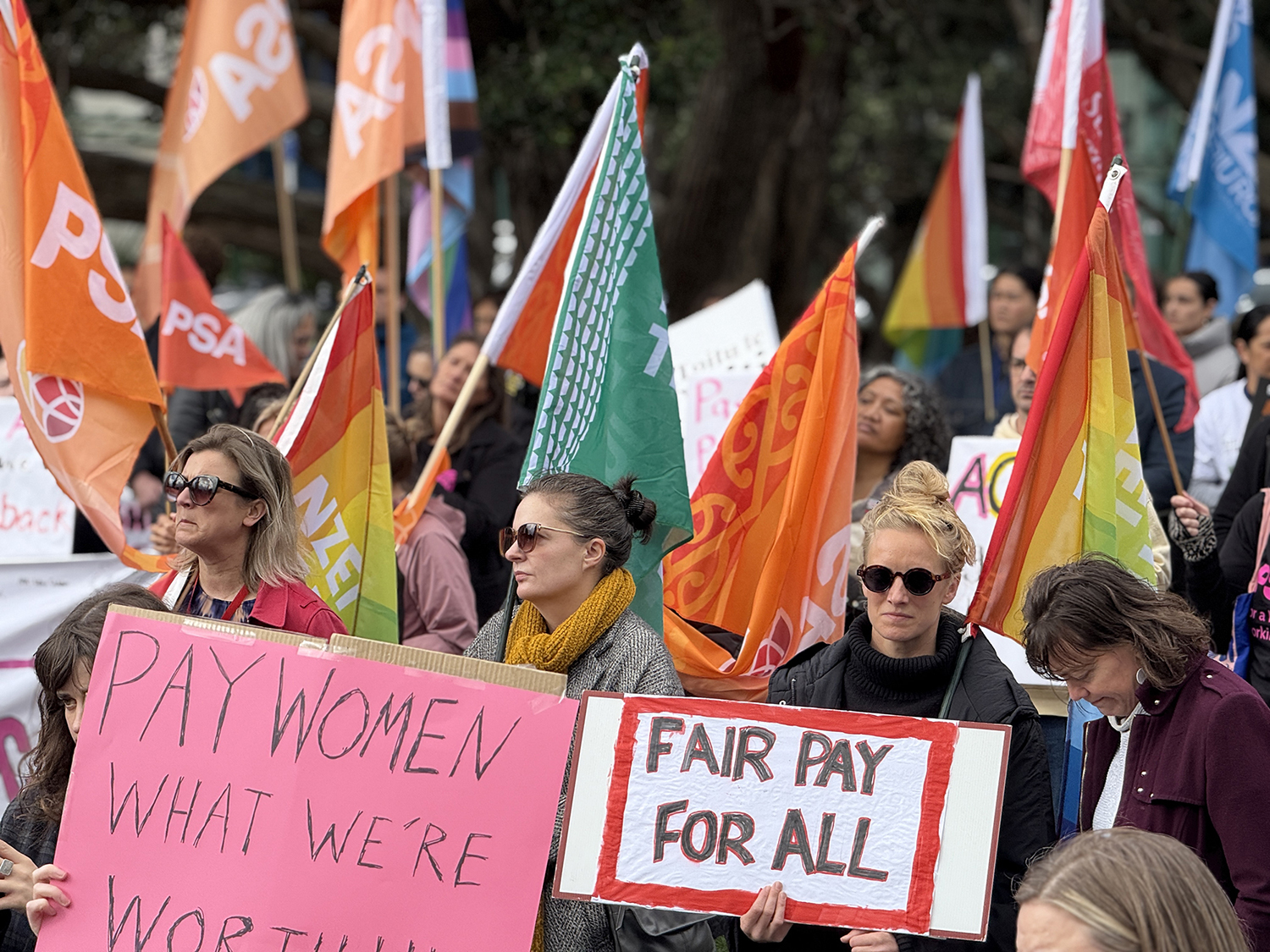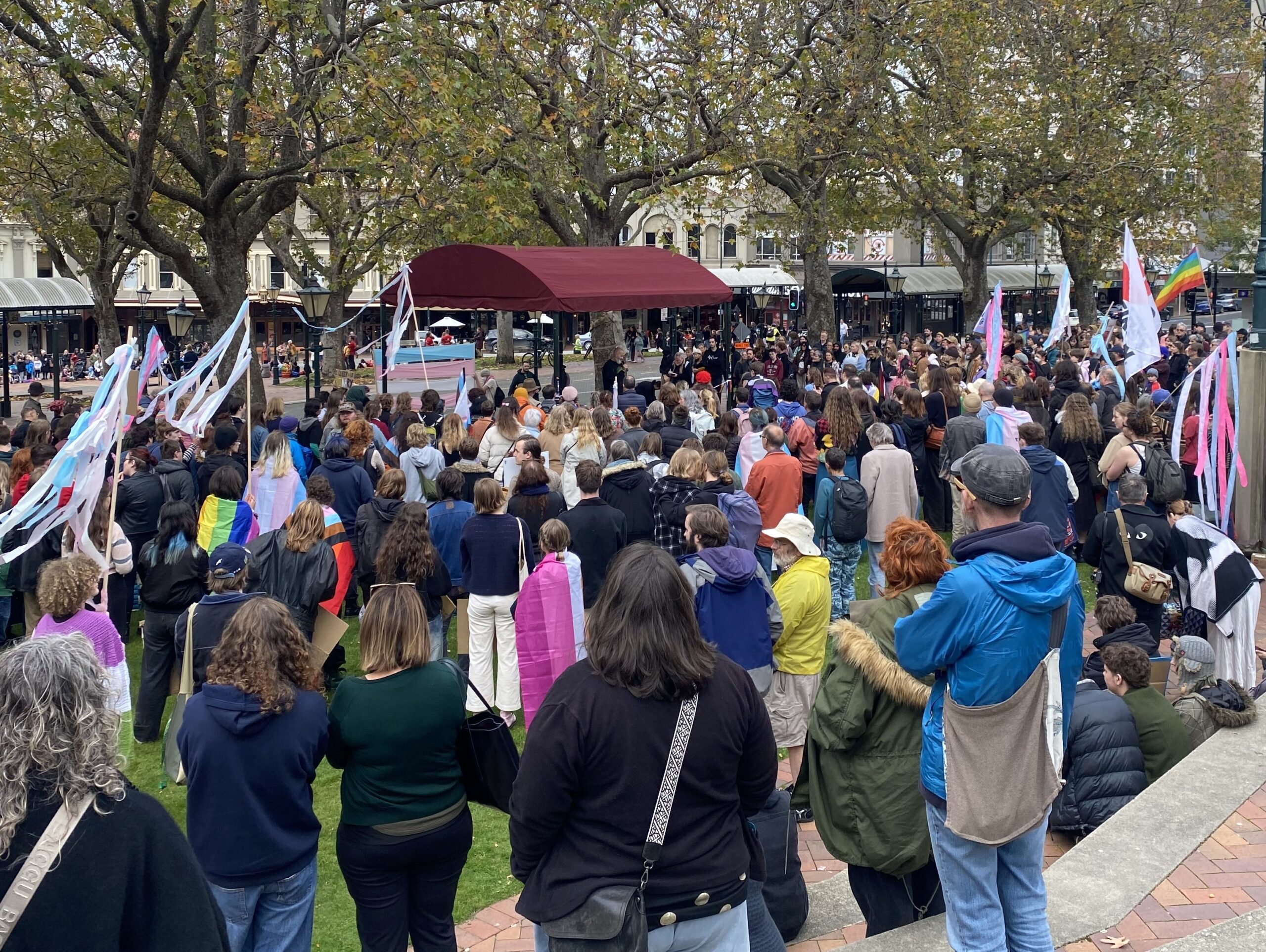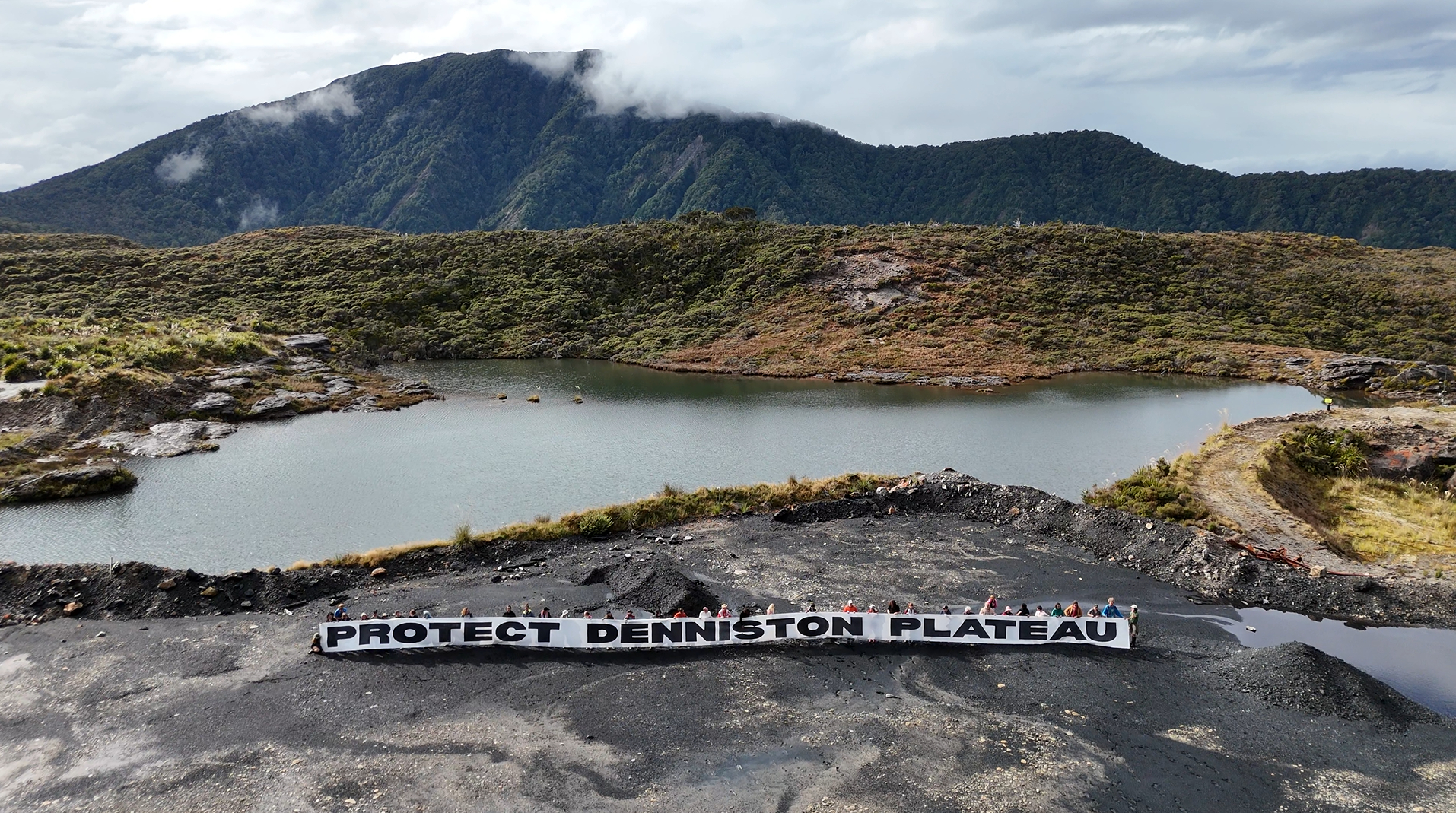The jury is out on whether in Aotearoa, and around the world, an economic recession will be the sequel to the period of high inflation we are experiencing at present. Monetarist economic orthodoxy is being deployed by the government to engineer an economic slowdown. In Aotearoa Gross Domestic Product shrank fractionally in this year’s March quarter by 0.1 percent. If GDP shrinks in the June quarter, which we will not know until mid-September, the country will be classified as being in a technical recession. A recession proper is a long period of low economic activity.
Monetarism is not so much an economic theory but a political attack on working-class living standards. Monetarist measures are ostensibly meant to control price inflation, but in reality they are used to shift the share of wealth more in favour of Capital and less for Labour.
There are four prongs to the monetarist prescription: raising interest rates, holding public spending down, raising unemployment and cutting pay. The last two are closely related; unemployment puts workers on the defensive. When unemployment is high enough it eliminates competition between employers for labour and exerts downward pressure on wages.
The Consumer Prices Index was stubbornly high at 6 percent in the year to June 2023. This is lower than the 7.3 percent peak in 2022, but still outstripping pay increases. In the year to June 2023 food prices rose by 12.5 percent. Fruit and vegetables, the very items the poorest in society already buy sparingly, rose by 22 percent. Interest rate hikes, aimed at reducing demand, have failed to bring inflation back to around two percent so far because it was not excessive demand which drove up inflation in the first place. The inflationary push came from low levels of supply and bottlenecks, enabling businesses to raise prices and rake in profits.
Aotearoa’s Labour government is fully on-board with monetarism. It is doing its bit at the behest of Capital to keep public spending down and holding public sector pay rises well below CPI. The monetarist consensus, ranging across the political spectrum from Labour reformism to the hard right, says that pay must be held in check to stop the “wage-price” spiral. The suggestion that wages have anything to do with rising inflation is nonsense.
Globally, we have seen no connection between rising wages and inflation. In fact, we have seen real wages continue to fall. In a blog piece of 13 July, the British Marxist economist Michael Roberts quoted the OECD saying: “The evidence offers no indication of signs of a price-wage spiral so far. Nominal growth has picked up but it exhibits no clear signs of significant further acceleration across countries. The gap with inflation appears to be narrowing in recent months mostly because of a slow decline in inflation, but the erosion of real wages has not halted yet in the vast majority of OECD countries.”
Michael Roberts himself states: “Indeed, profit rises were a much larger factor in sustaining the inflation rise. The conclusions from the [OECD] report are clear: first, average real wages (ie after inflation) have fallen across the developed capitalist world over the last three years – indeed the largest and longest fall for at least 50 years. And second, the main contributor to higher prices of goods and services over this period has been increases in profits per unit of output, not wages – particularly in the Eurozone.”
Lower pay is only one facet of the class war being waged by Capital, and its puppet Labour government, against the working class, who are the vast majority of the population in Aotearoa. Just as important is the social wage – the benefits of public education, health and welfare. Services like Oranga Tamariki (Ministry for Children) are at breaking point, as are various parts of the health services, schools and universities. Years of funding restraint under Budget Responsibility Rules, drawn up by Labour and the Greens after the 2017 general election, has meant under-funded public services compensating by driving up the intensity of work on their staff. The result: teachers, nurses, midwives etc. burnt out and leaving their professions in droves.
Higher interest rates on mortgages, bank loans, car loans and credit cards are adding to the financial strains being experienced by workers, most acutely by the already low paid. Meanwhile the banks make obscene profits. In 2022 the sector made $7.18bn in profits, up by 17.3 percent on the previous year. Yet, Chris Hipkins rules out any tax increases on these parasites.
The wonder is that the unions have let the rich and powerful get away with it so easily. There is resistance – industrial action by workers in health, education, public transport spring to mind – but, taken as a whole, unions’ collective bargaining campaigns have been distinctly muted considering the level of attack levelled against their members. It has not helped that earlier this year the Council of Trade Unions, headed by Richard Wagstaff, cooked up a deal with the government – the Public Sector Pay Adjustment – that offers dozens of public sector groups the same pay-cut formula.
What is the answer to this one-sided class war? Obviously, we need to raise the level of class-consciousness on our side to that of the ruling capitalist class. We need a similar level of clarity of thought that our opponents have. We need to break the hold of conservative Labourism on the unions that has held back criticism of the Labour government’s craven submission to monetarism. We need to rebuild the unions from the bottom up with younger, socialist-minded members that understand that our strength lies in unity and effective industrial action. But more than just struggles over collective contracts, socialists believe that capitalism’s culpability for all oppression, imperialist conflicts and destructive climate change must be explained as far and wide as possible amongst students and workers with a view to mass political action on the streets and, when the time comes, by mass political strikes.









